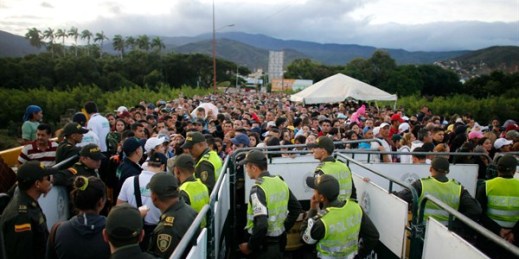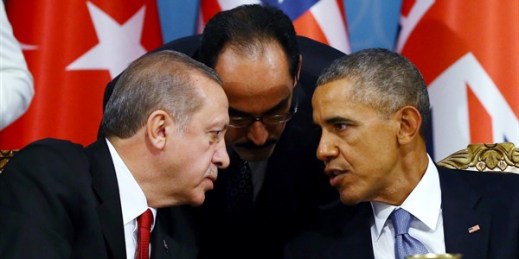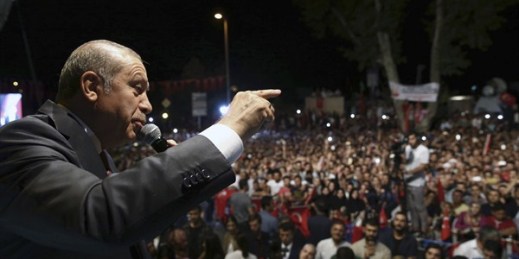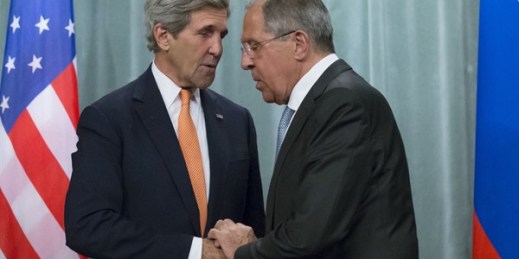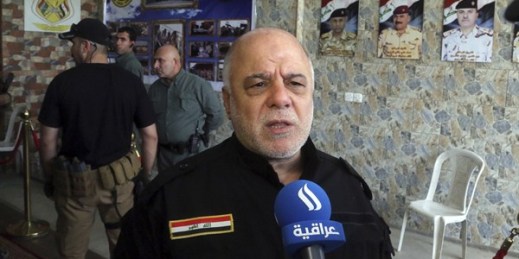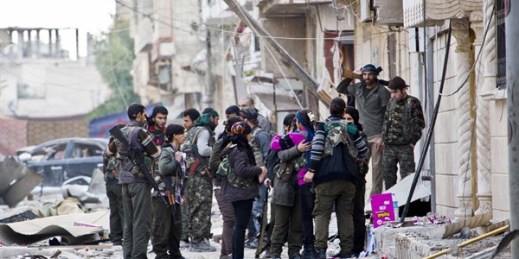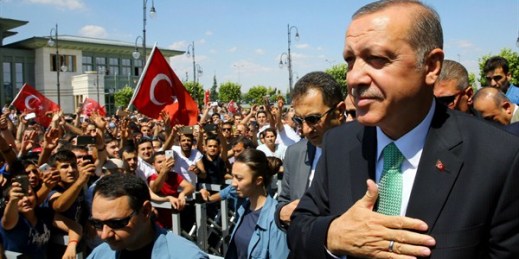
The attempted coup d’état earlier this month in Turkey has drawn attention to the leadership of President Recep Tayyip Erdogan and his increasingly authoritarian tendencies. The ensuing crackdown has been replete with widespread purges of major institutions and mass arrests, deepening domestic instability and complicating Turkey’s regional and international outlook. World Politics Review has compiled 10 articles to help contextualize the sources and implications of the current upheaval. The following 10 articles are free for non-subscribers until Aug. 11. The Aftermath of the Failed Coup Failed Coup Is a Victory for Erdogan, but Not for Turkey’s Democracy By triumphing over […]

